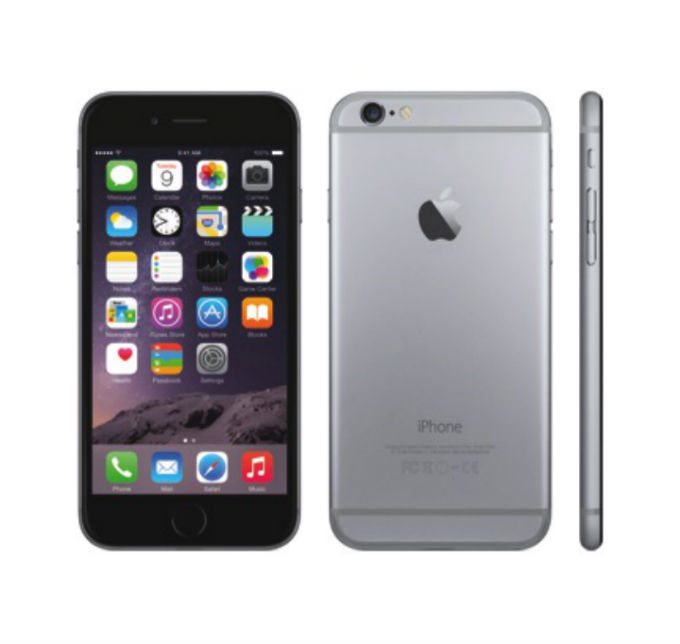Editor’s Note: Welcome to Analyst Angle. We’ve collected a group of the industry’s leading analysts to give their outlook on the hot topics in the wireless industry.
As the wireless industry’s business model evolves after the watershed migration away from long-term contracts and phone subsidies, ongoing industry research finds that consumers are increasingly treating smartphones as luxury purchases and wireless carriers as replaceable commodities. This shift in attitude about phone, operating system and carrier brands is creating significant business implications for a number of high-profile companies.
While overall consumer loyalty to their carriers has been static over time, the importance of phone brands and operating systems in their purchase decision is higher now than ever. (The only exception is Apple, which maintains such a high level of loyalty among its devotees that there was little room for improvement.) This is a result of virtually all carriers following T-Mobile US’ lead of being “un-carriers” of sorts, with two-year contracts and subsidies continually becoming more of the exception than the rule.
But the more simplified, non-subsidized plans led to a new realization among consumers that mobile phones are expensive. No longer does an iPhone 6 look like a relatively inexpensive $199. Instead, it looks like a luxury-priced $649. As a result, customers are beginning to keep their phones longer to avoid the “extra” costs they are just now realizing exist and plan their next purchase more carefully. Additionally, it is becoming more common for parents to hand phones down to their children to avoid an additional full phone cost and to keep a “family network” of coordinated calendars. These changes result in increased OS and handset brand loyalties.
This de-emphasis of the carrier in the purchase equation is a concern to carriers that had bet a fundamental change of the industry’s business model would lead a revolution in the status quo among wireless carriers. T-Mobile US, in particular, had hoped that its “Un-carrier” campaign, which brought a no-contract business model to the U.S. market that carriers had avoided for years, would create lasting consumer loyalty to their brand. However, their sharp uptick in loyalty after the campaign launch proved to be transitory, and T-Mobile US has dropped back to third behind Verizon Wireless and AT&T Mobility while remaining ahead of perennial last-place Sprint. As the rest of the industry has reacted to T-Mobile US’ marketing, its advantage was blunted and customers reverted back to their usual brand loyalties.
However transitory T-Mobile US’ advantage may have been, the no-contract, no-subsidy genie is out of the bottle. American customers are now able to switch between wireless carriers more easily than ever, and there are few phone exclusives or meaningful pricing differentiators between them. Faced with the prospect of becoming “dumb pipe” commoditized providers in a high-churn industry, carriers are looking for any advantage they can find to broaden the breadth of their relationship with their customers, including through additional high-margin services such as high-speed internet and home security/automation.
But in more bad news for the industry, when asked which providers they’d consider for such services, consumers showed little interest in wireless industry providers outside their own existing carrier, often preferring Google and/or Apple over companies such as Verizon Wireless, Sprint or T-Mobile US. Of all the wireless carriers, AT&T, which has been promoting its U-verse and Digital Life services aggressively, is the only brand that would be highly considered by most customers to provide these add-on services, regardless of whether AT&T Mobility is their current wireless carrier.
For wireless carriers hoping to attract new customers through these services, these attitudes create real challenges as carriers find themselves competing in consumers’ minds against such agile and respected brands as Apple, Google and Amazon.com for future high-margin business lines. When combined with decreased margins driven by commoditization in their core businesses, the wireless industry finds itself caught between a disappearing past and uncertain future.
Coming to Market Strategies through its merger with Flake-Wilkerson, Pamela McGill has 23 years of experience in the industry and previously held the title of director of research. In her current role, McGill works closely with clients to develop appropriate research studies to meet their needs. McGill graduated cum laude from the University of Arkansas at Fayetteville with a bachelor’s degree in marketing. She also holds a master’s degree in business administration from the same institution.
Gregory Mishkin is working across all divisions and serving as Market Strategies’ primary subject matter expert for the wireless communications industry. His responsibilities include managing and growing key client relationships within the telecommunications division while maintaining a special focus on the integration of large-scale behavioral data with Market Strategies’ traditional market research solutions. Prior to joining Market Strategies, Mishkin worked at ComScore where he most recently served as VP of telecom and wireless. Mishkin earned a master’s degree in business administration from Kennesaw State University in Kennesaw, Ga.; a master’s degree in clinical psychology from University of Hartford in Hartford, Conn., and a bachelor’s degree in psychology from Union College in Schenectady, N.Y.



